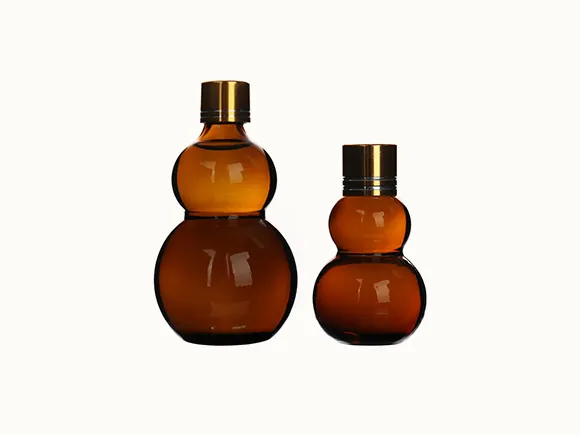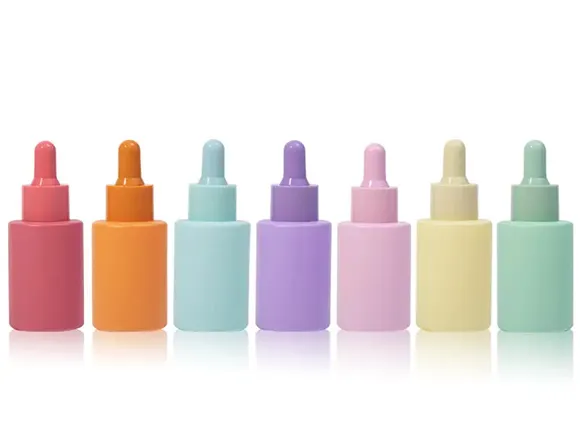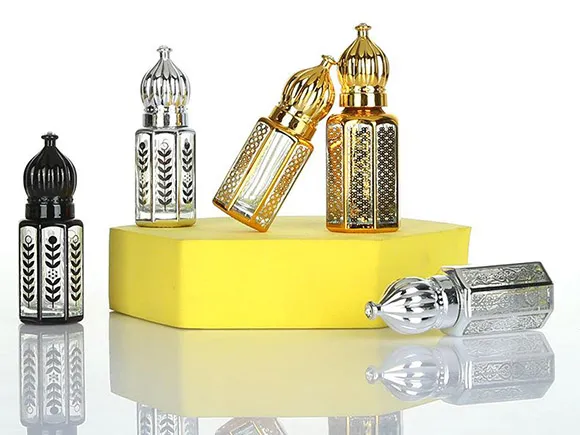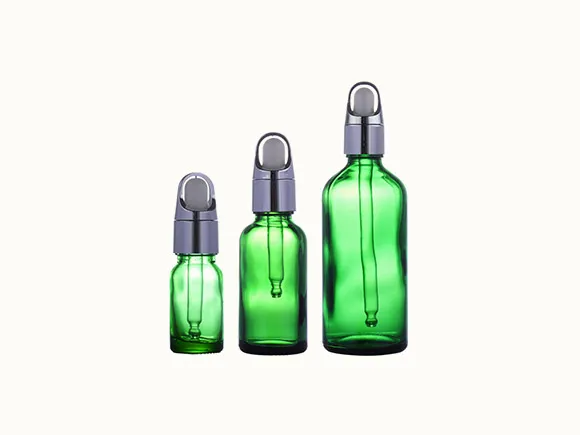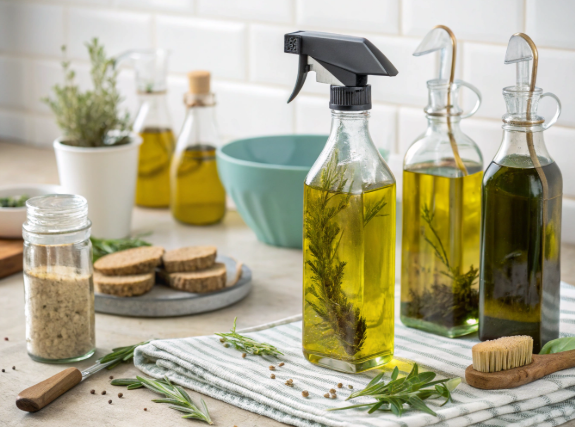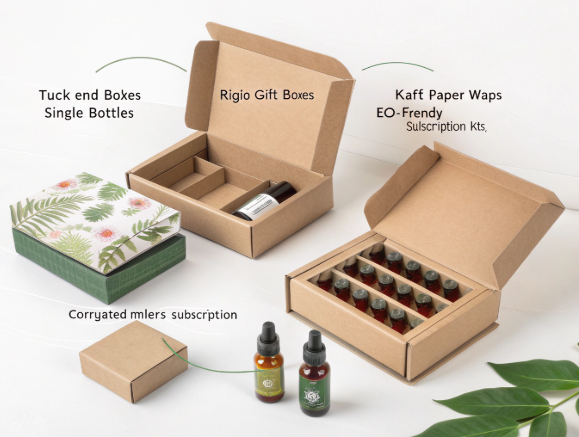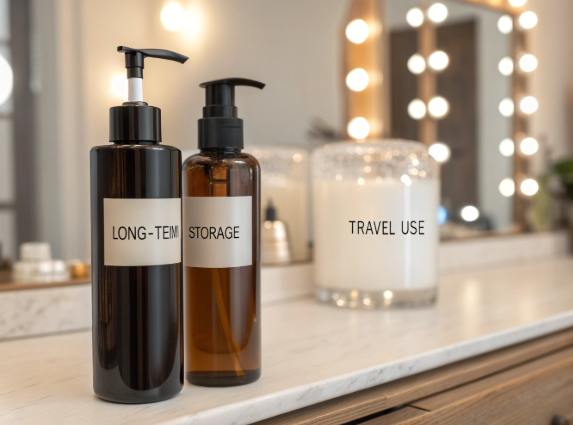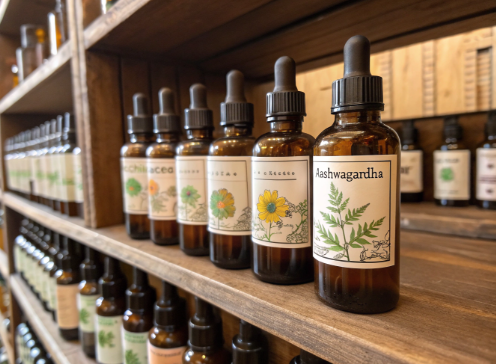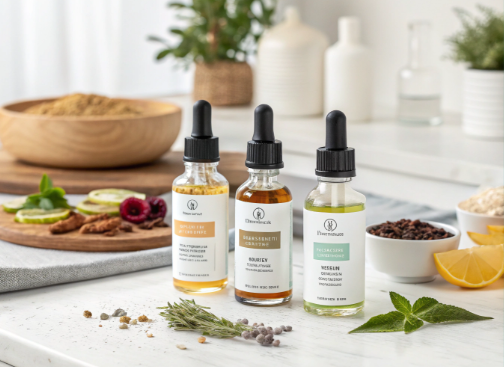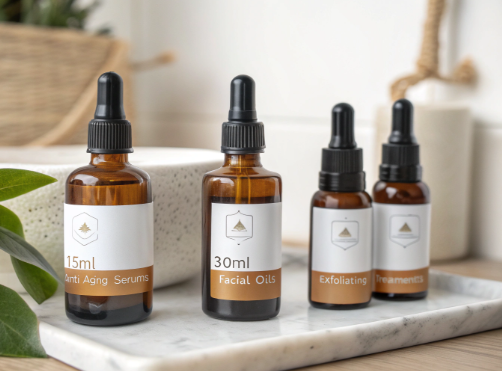Plastic may be everywhere, but when it comes to storing essential oils, it’s a risky shortcut many brands regret.
Yes, essential oils should be stored in glass bottles—especially amber or cobalt blue—to prevent chemical breakdown, preserve aroma, and avoid plastic contamination.
At PauPack Bottles, we've supplied millions of essential oil bottles worldwide. Let’s break down why glass is not just a packaging choice—but a product safety necessity.
Is it okay to put essential oils in plastic bottles?
Plastic may be convenient, but it could cost your formula—and your reputation.
No, essential oils can degrade plastic, leach harmful chemicals, and alter scent and therapeutic properties.
Essential oils are highly concentrated plant extracts. Many contain naturally occurring compounds like limonene or eugenol, which are corrosive to plastic materials like PET or HDPE over time. Even short-term contact can compromise packaging integrity—especially during shipping or storage in heat.
Here’s a breakdown of how some essential oils react with plastic:
| Essential Oil Type | Common Plastic Reaction |
|---|---|
| Citrus Oils | Degrades PET, causes clouding |
| Eucalyptus, Peppermint | Breaks down HDPE integrity |
| Tea Tree, Clove | Causes warping, leaching of toxins |
When is plastic acceptable?
Some brands use plastic droppers or orifice reducers inside glass bottles. These are made from high-grade PP or LDPE designed for short-term contact. However, PauPack always recommends full-glass contact surfaces for anything beyond 7 days.
Why are essential oils in glass bottles?
It’s not just about elegance—it’s chemistry and compliance.
Glass is inert, UV-protective (especially amber), and ensures essential oils stay pure, stable, and compliant with international regulations.
Amber glass, our best-selling essential oil bottle material, blocks over 90% of harmful UV rays. This prevents oxidation of volatile compounds in oils, which can otherwise lose potency and fragrance. Cobalt blue glass offers visual appeal while still providing moderate UV protection.
At PauPack, we offer:
-
1ml to 100ml dropper bottles (Euro-cap and screw-top)
-
Custom logo printing, hot stamping, frosted finishes
-
MOQ from 1000pcs for test runs or new product launches
Regulatory compliance also plays a role. In the EU and US, packaging for reactive contents like essential oils must be inert. Using plastic can result in disqualification from shelves or even recalls.
Is it okay to put oil in a plastic bottle?
For carrier oils? Sometimes. For essential oils? Rarely safe.
Only certain oils like coconut or jojoba can be temporarily stored in plastic—usually in thick HDPE or PET bottles. But concentrated essential oils require much more stable containment.
Here’s a comparison of oil types and suitable packaging:
| Oil Type | Safe in Plastic? | Recommended Packaging |
|---|---|---|
| Coconut / Jojoba | Yes, short-term | HDPE, PET (if thick, short-term) |
| Lavender EO | No | Amber glass bottle |
| Orange / Lemon EO | No | Amber or cobalt glass only |
| Mixed Carrier + EO | Risky | Prefer glass for safety |
Many of our clients opt for plastic bottles during R&D or bulk refilling, but switch to glass for finished retail packaging to ensure safety and shelf appeal.
What is the best bottle to store essential oils in?
Your oil deserves better than “good enough.” Go for optimized preservation.
Amber glass dropper bottles with tight-seal caps and UV protection are the gold standard for essential oil storage.
At PauPack, our most recommended bottle types include:
| Bottle Type | Key Benefits |
|---|---|
| Amber Dropper Bottles | Best UV protection, premium feel, daily use |
| Roller Bottles (Steel Ball) | Leak-proof, ideal for portable aromatherapy |
| Euro Dropper Bottles | Precise dosing, tamper-evident caps |
We also provide full customization options:
-
Private label printing
-
Gradient spray finishes
-
Bamboo or wooden collars for a natural look
With over 30,000 packaging projects completed globally, we help wellness brands choose the right bottles for both form and function—without compromising on timeline or budget.
Conclusion
Essential oils belong in glass bottles—because your brand can’t afford shortcuts.



